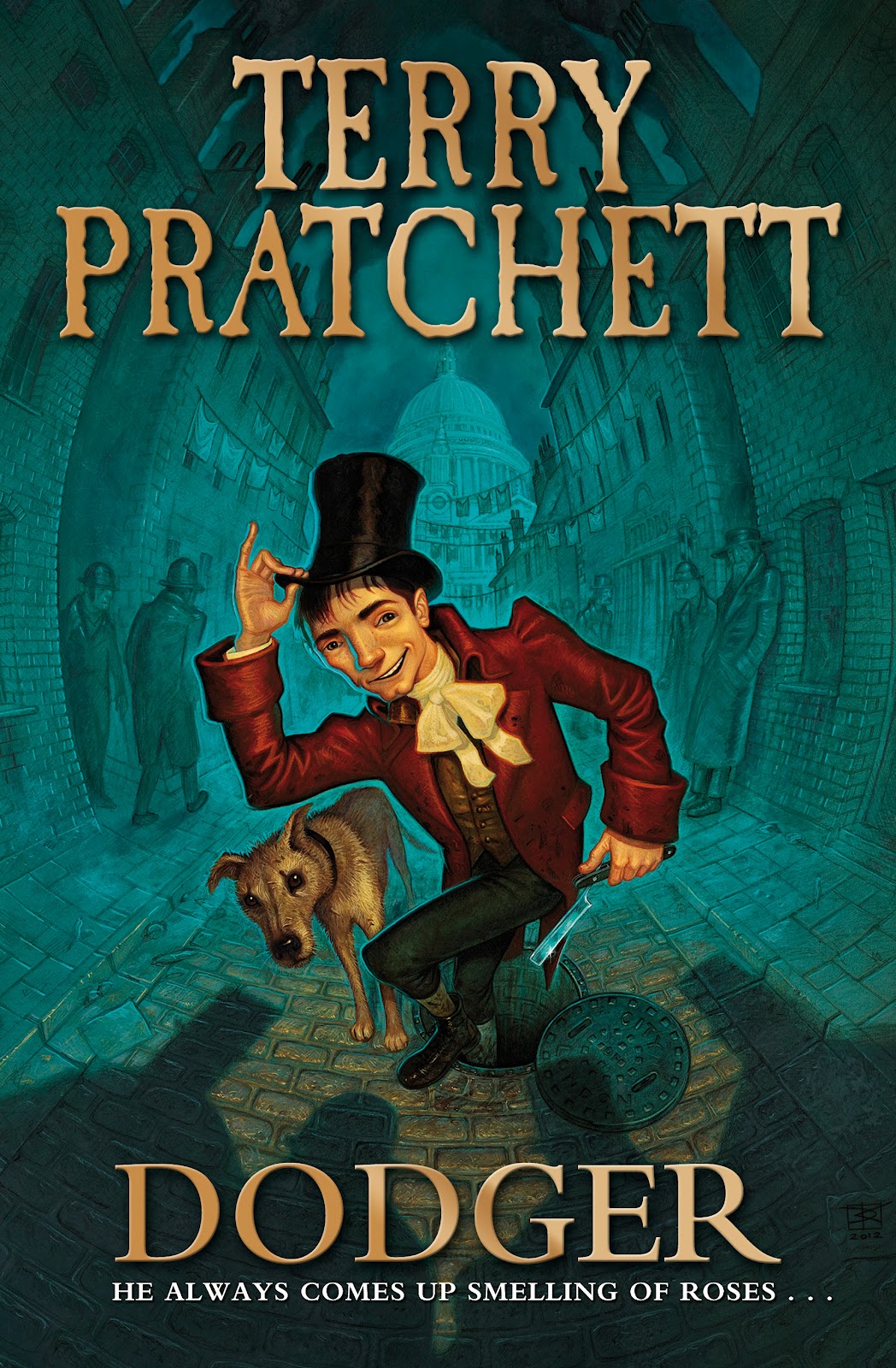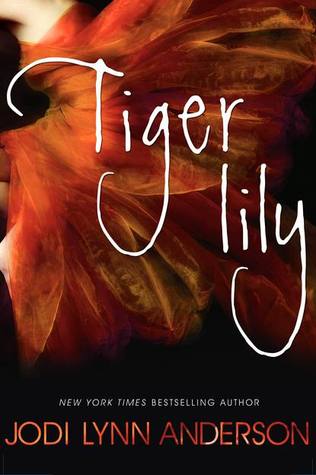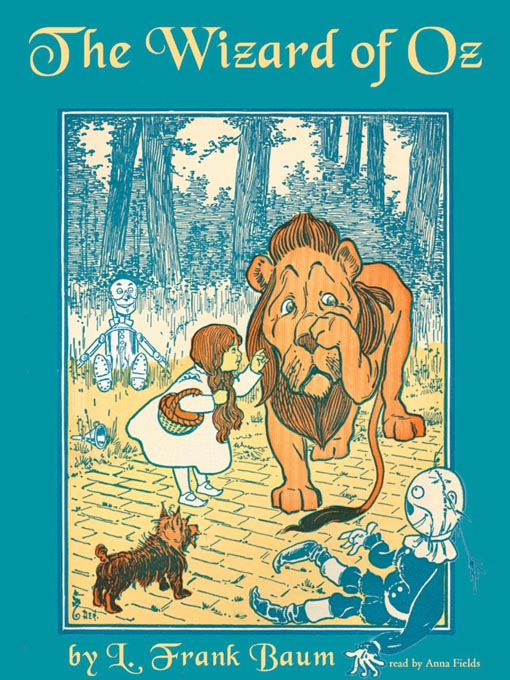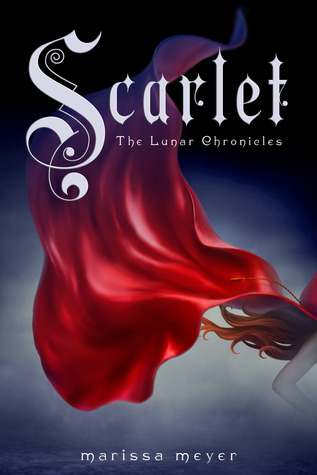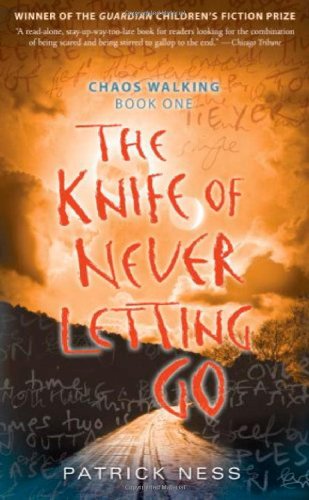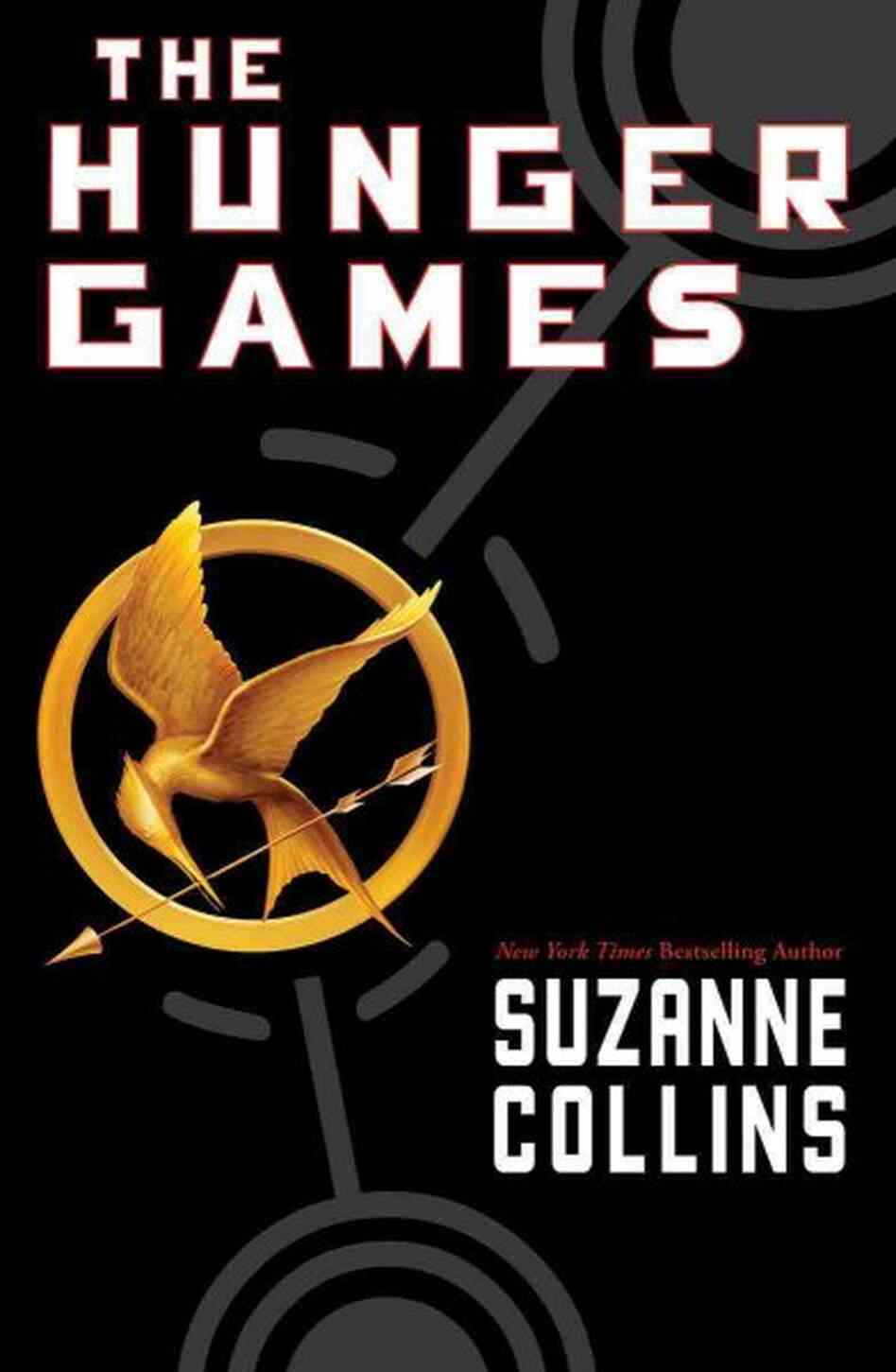
Breadcrumbs
by Anne Ursu
“A boy got a splinter in his eye, and his heart turned cold. Only two people noticed. One was a witch, and she took him for her own. The other was his best friend. And she went after him in ill-considered shoes, brave and completely unprepared.”
Hazel has moved from a more progressive, creative school to a traditional school in a new neighborhood. She feels so out of place. All the things she enjoyed about learning are discouraged. Her only touchstone is her best friend Jack. They let their imaginations run wild, inventing stories and playing baseball as superheros who are not allowed to use their powers. However, one day, Jack gets something in his eye, and he is completely different. He is mean to Hazel and doesn't care about what they used to care about. And then he disappears. Everyone thinks he went to visit his aunt, but Hazel knows something is wrong. She knows he was stolen by the Snow Queen. She must embark on a mission, facing wolves, witches, and ice, to save her best friend... who might not want to be saved.
I thought I would like this book a lot more than I did. "The Snow Queen" is one of my favorite tales. I felt this book was a bit lackluster for several reasons. First, the Snow Queen is a metaphor and a story they make up, as well as a real, concrete, straight from the fairy tale being. It straddled the land of metaphor and the land of reality. I almost wish that it remained in the land of metaphor, and used the story of the Snow Queen in a magic realism sense to depict the loss of a friend. But it wheels completely into the realm of fantasy, at times being slavishly loyal to the original, and at other times going strangely off the rails.
I did enjoy her constant allusions to other books like Lord of the Rings, Wrinkle in Time, Chronicles of Narnia, the Golden Compass, but it was a "huh I am in on the joke" enjoyment, rather than enjoying them for their artistic purpose. More than that, I liked her use of other Anderson fairy tales woven into Hazel's strange adventures in the snowy forest. The woods were mysterious and dream-like; unpredictable threats could jump out at any moment disguised as goodness. It made the journey disjointed and disorienting.
The ending was also unsatisfying, not because it is ambiguous, which it is, but because there are several elements left unexplained, like why the Snow Queen gave Jack the puzzle and what would have happened had he completed it.
Throughout, the book had a rather condescending tone towards science and "grown up things." It rankled me a bit, because science can go hand in hand with imagination, it is not the enemy. Hazel railed against anyone she perceived not to have an imagination which made me dislike her a little.
I appreciated Ursu's playful language, however, and the fact that she did not make the Snow Queen a villain in the traditional sense. There were several ancillary characters like Martin, Hazel's friend's imaginative uncle, who were delightful to read, if a bit flat.
It is a lovely story about how friendships change over time, but I felt it could have been stronger. I know several friends who enjoyed it, however, so perhaps I have missed something.


